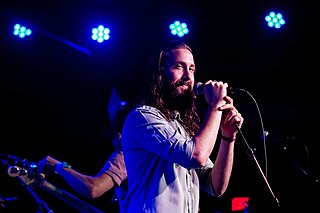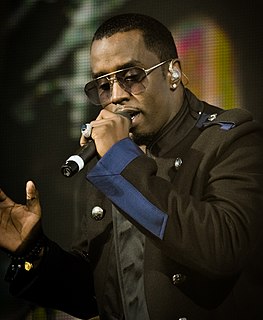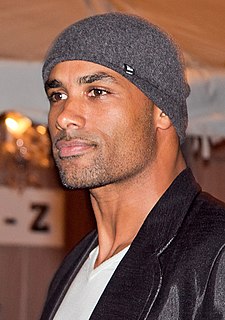A Quote by Ali Smith
Thomas Teal, a luminous translator of Jansson's twin talent for surface and depth, simplicity and reverberation in language, and someone who knows exactly how to convey her gift for sensing the meaning embedded in the most mundane act or turn of phrase.
Related Quotes
The translator has to be a good writer. The translator has to hear music too. And it might not be exactly your music because the translator needs to translate the music. And so, that is what you are hoping for: a translator who gets what you are doing but who also gets all the ways in which it won't work in the new language.
A painting is nothing more than light reflected from the surface of a pigment-covered canvas. But a great painter can make you see the depth, make you feel the underlying emotion, make you sense the larger world. That, too, is the power of science: to sense and convey the depth and dimensionality of nature, to glance at the surface and to divine the shape of the universe around us.
Translation is a kind of transubstantiation; one poem becomes another. You can choose your philosophy of translation just as you choose how to live: the free adaptation that sacrifices detail to meaning, the strict crib that sacrifices meaning to exactitude. The poet moves from life to language, the translator moves from language to life; both, like the immigrant, try to identify the invisible, what's between the lines, the mysterious implications.
To me a translator is very, very important. If the fixer is also the translator, so much the better. I have known photographers who didn't speak the language and would work in a place for weeks without one, getting by on common sense and smiles. But how many situations did they miss because they couldn't talk to someone and get the back story on details, small daily life things, etc.
Life's an act of magic, too. Claire Hamill sings a line in one of her songs that really sums it up for me: 'If there's no magic, there's no meaning.' Without magic- or call it wonder, mystery, natural wisdom- nothing has any depth. It's all just surface. You know: what you see is what you get. I honestly believe there's more to everything than that, whether it's a Monet hanging in a gallery or some old vagrant sleeping in an alley.
I'm very concerned with questions of language. This is what I think of when I think of myself as a writer: I'm someone who writes sentences and paragraphs. I think of the sentence - not only what it shares but, in a sense, what it looks like. I like to match words not only in a way that convey a meaning, possibly an indirect meaning, but even at times words that have a kind of visual correspondence.
...because in a way it happened to someone else. I don't really speak that person's language anymore, and when I think about her, she embarrasses me sometimes, but I don't want to forget her, I don't want to pretend she never existed. So before I start forgetting, I have to get down exactly who she was, and exactly how she felt about everything. She was me a lot longer than I've been me so far.






































